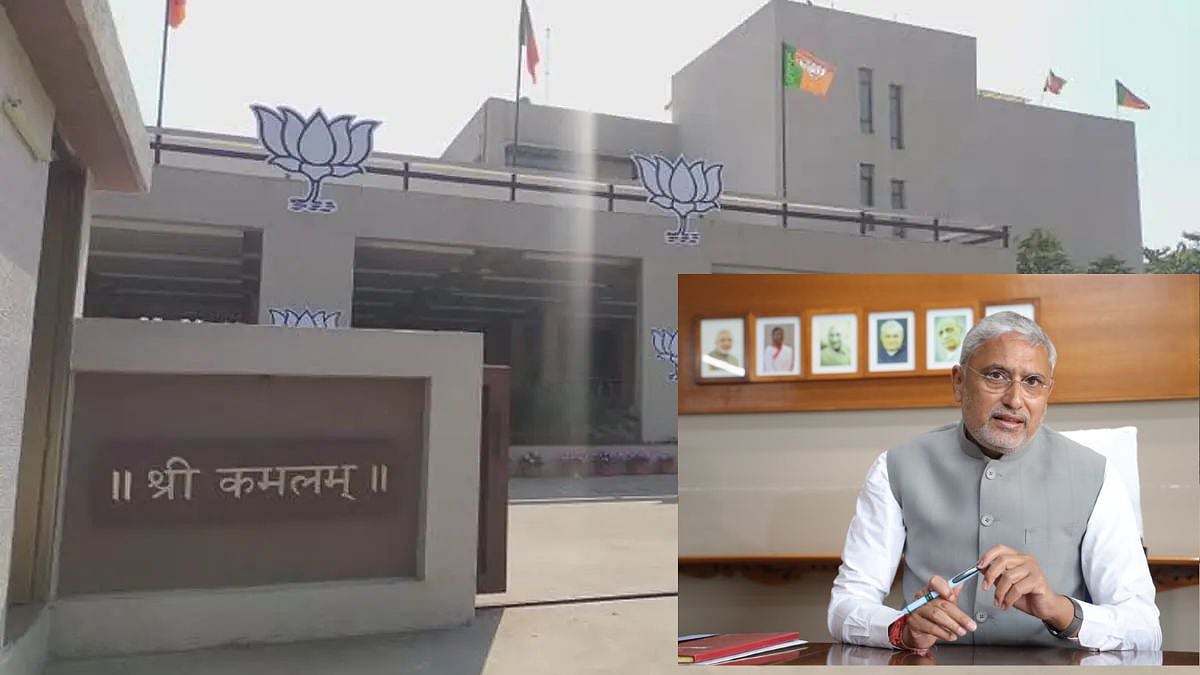Lucknow: As tensions between Iran and Israel continue, fruit traders in Lucknow warn of a significant impact on the prices of imported fruits like dates, apples, and kiwis if the conflict prolongs. Prices of these fruits, especially Iranian Kimia dates, have already seen a sharp rise in the past one and a half months — and could shoot up further.
Sandeep Gupta, a wholesale trader at the Naveen Krishi Mandi on Sitapur Road, explained that a large volume of dates imported into India come from Iran. “Kimia dates from Iran are in high demand across Uttar Pradesh, especially in Lucknow. However, this year the yield in Iran has been below average, which has reduced supply,” Gupta said.
As a result, prices have surged. “Six weeks ago, a 6-kg box of Kimia dates cost Rs 1,200. Today, it is selling for Rs 1,600. Similarly, a 500-gram plastic box has gone up from Rs 140 to Rs 200,” he added. The primary import season for dates is from October to April, and the current stock in Indian markets is largely from inventory stored in cities like Mumbai. If the war stretches on, imports may halt completely, pushing prices even higher.

Ashish Kandhari, president of the Lucknow Fruit and Vegetable Sellers’ Association, highlighted similar concerns for apples and kiwis. “Iranian apples and kiwis have high sugar content and ripen quickly, which makes them popular despite their shorter shelf life. Their import season ended about a month ago, and now they are no longer available in the market,” Kandhari said.
He added that during the peak season, Iranian apples were selling at Rs 100 per kg, but with their exit from the market and limited imports from other countries, wholesale prices of quality apples have reached Rs 200 per kg. Kiwi prices, too, have risen by around 25 percent.
“While some cold storage units may still have stocks of Iranian apples and Kimia dates, if the conflict drags on, the possibility of fresh imports from Iran becomes bleak. This will further inflate prices,” Kandhari explained.
Traders say the rising prices have already taken a toll on sales. “Sales have dropped by almost 40 percent. The higher prices are discouraging buyers,” a trader added.
With the festive season approaching and no clarity on how long the conflict will last, fruit sellers are bracing for further disruptions in supply and more volatility in prices.










